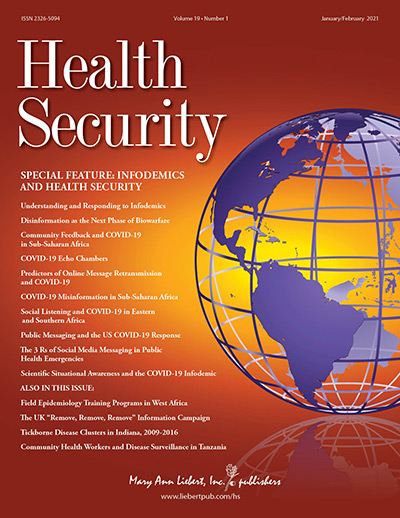India is Onboard of China's Space Station
On October 31, 2022, China successfully launched the third and last space-station module, Mengtian. This module is required to complete the building of China's space station by the end of 2022. This space station is known as Tiangong, and after the full operationalisation of this station, China would become the only third country in the world, after the US and Russia, to have their own space station.




